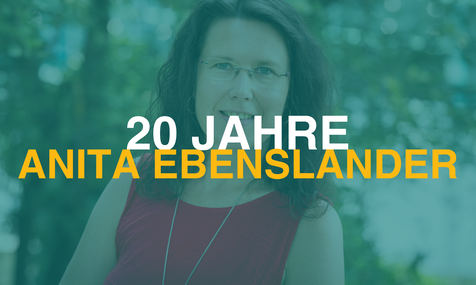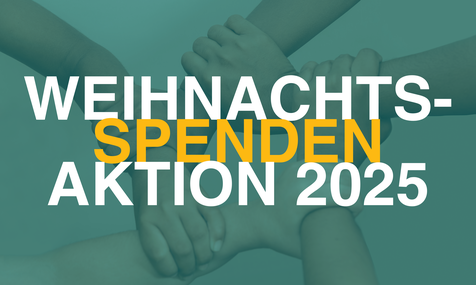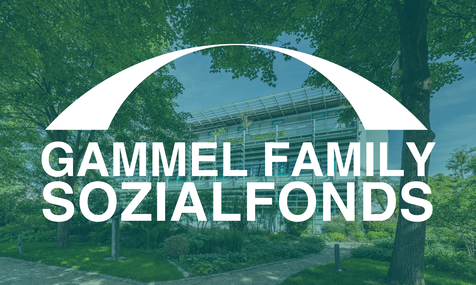To mark the restart of the grand coalition: our energy wish list
After the last grand coalition obviously tried to put an end to future energies, a lot has naturally accumulated. But does the "new one" - which, as we know, consists of the same coalition partners - have any plans to get the energy train moving again?
Our and the GroKo's opinions are already divided on the first wish. After all, lobbyists from the energy companies should not be allowed access to the government and Bundestag: they have a massive and one-sided influence on our political decision-makers thanks to their huge amounts of money (in both senses of the word). However, the word "lobby" does not appear in the "coalition agreement". Accordingly, there is also no provision for a lobby register.
We would like to see a coherent master plan for the energy transition across all relevant consumption sectors. However, the GroKo only wants to link sectors in such a way "that >green hydrogen< and hydrogen as a product from industrial processes can be used as a fuel or for the production of conventional fuels (e.g. natural gas)". After all, the CDU, CSU and SPD want to "research system solutions in energy and climate research together with industry and civil society players, especially for the sector coupling of electricity-mobility-heat." Which means: nothing really tangible is planned.We can be a little more hopeful about our wish "Pricing of the consequential damage of CO2 and other emissions and their allocation to the polluter". After all, the "goal of a CO2 pricing system" is on page 143. Unfortunately, however, the environmental nation Germany does not want to lead the way, but instead wants to wait until such a CO2 tax is introduced for the whole world, "at least including the G20 countries".
From our hope that there would be a real energy strategy that is continuously updated, there is practically nothing to read. And there is no sign of a sustainable transition to the age of renewables with clear goals and defined intermediate steps.
So will reliability and predictability in energy policy decisions determine the government's actions? In any case, the only thing that was reliable recently was that the project duration for the planning and construction of CHP (combined heat, power and cooling) plants, for example, lasted longer than the intervals between changes and updates to statutory guidelines and funding programs.
Centralized energy generation, i.e. close to consumption, with few extra-high voltage lines in between: A logical wish that is now also being expressed by more and more local or regional suppliers. However, "decentralized energy" appears just twice in 8371 lines of contract text. Incidentally, the once desired and now penalized self-generation does not even appear in the text.Our desire to expand distribution grids for electricity and district heating is contrasted with the following sentence in the agreement: "We will continue to develop the regulatory framework in recognition of the increasing responsibility of electricity distribution grid operators in order to support investments in intelligent solutions (digitalization) - especially in the area of distribution grids." So, verbiage instead of facts.
We want smart grids and smart metering as a basis so that we "decentralized" companies can make good contributions to the energy market economy with flexible electricity prices. But the Groko wants to "make the benefits of Smart City and Smart Rural Area available to people." What please?
The new government gives hope to our desire for a flexibility market with biomass, biogas and CHP. But why does it want to "comprehensively modernize CHP so that it has a future as part of the energy transition"? More freedom instead of legal requirements, increased expansion of CHP instead of "modernization" would be necessary here!
We would like to see incentives for electricity storage instead of nonsensical charges. This also applies to mobile storage systems, e.g. in electric cars, which can be temporarily integrated into the grid for load balancing. Yes, the GroKo promises "appropriate research and funding for storage systems". Because "Germany is to become a location for battery cell production again", there will probably be "a Fraunhofer Institute for Storage Technologies". However, it becomes clear in the same paragraph that the coal lobby had a say in the agreement: "We will examine the extent to which power plant sites that are no longer needed can be used for large thermal storage power plants in the future." The opposite of a necessary coal phase-out.
And so it will probably remain the case that the EEG surcharge penalizes waste heat generation and decentralized infrastructure expansion. But we will continue to wish for this - and will continue to make these wishes just as loudly in the future as we have in the past.
Link to the coalition agreement:
www.cdu.de/system/tdf/media/dokumente/koalitionsvertrag_2018.pdf
(Author: Zukunftsenergie-Team Gammel)



